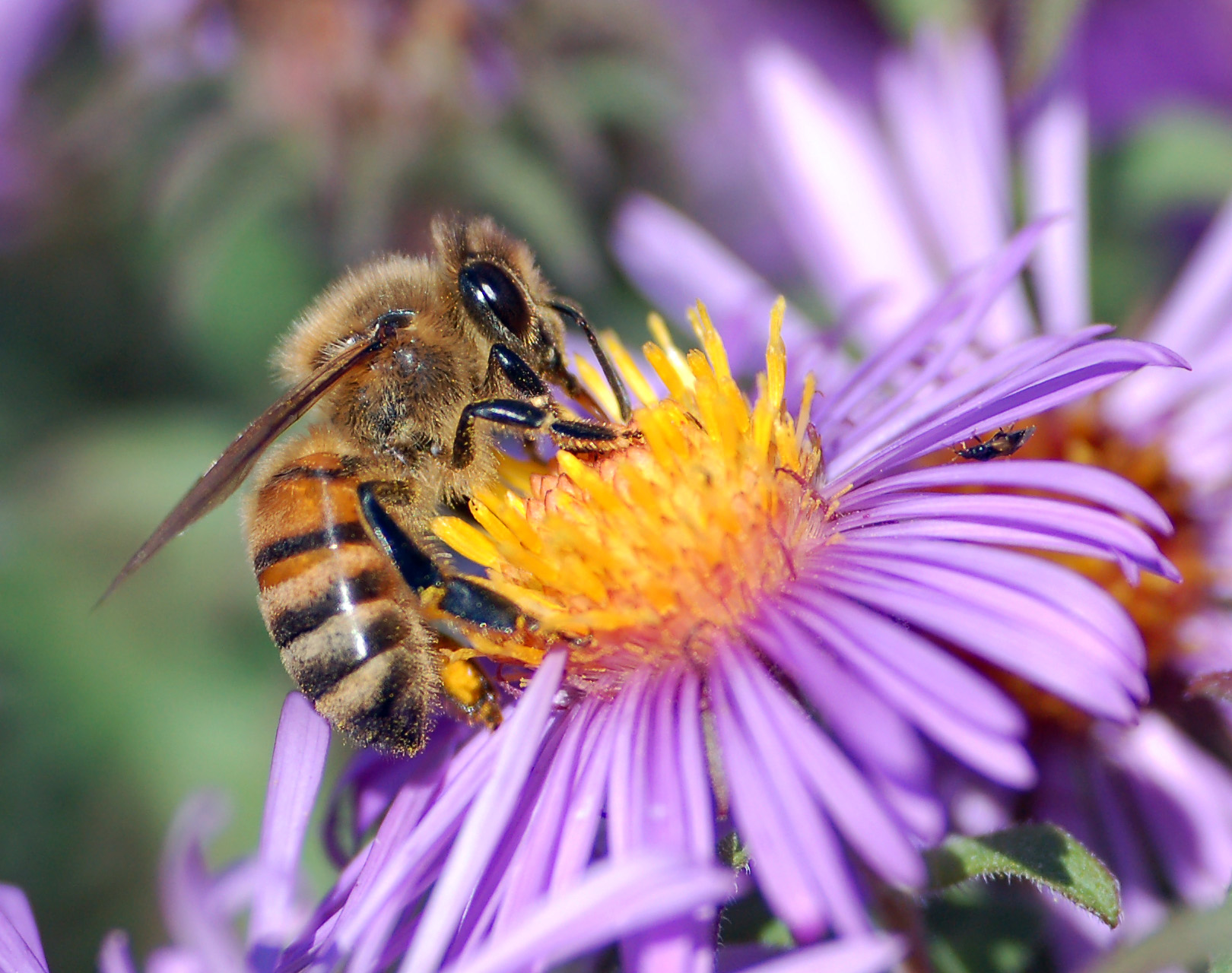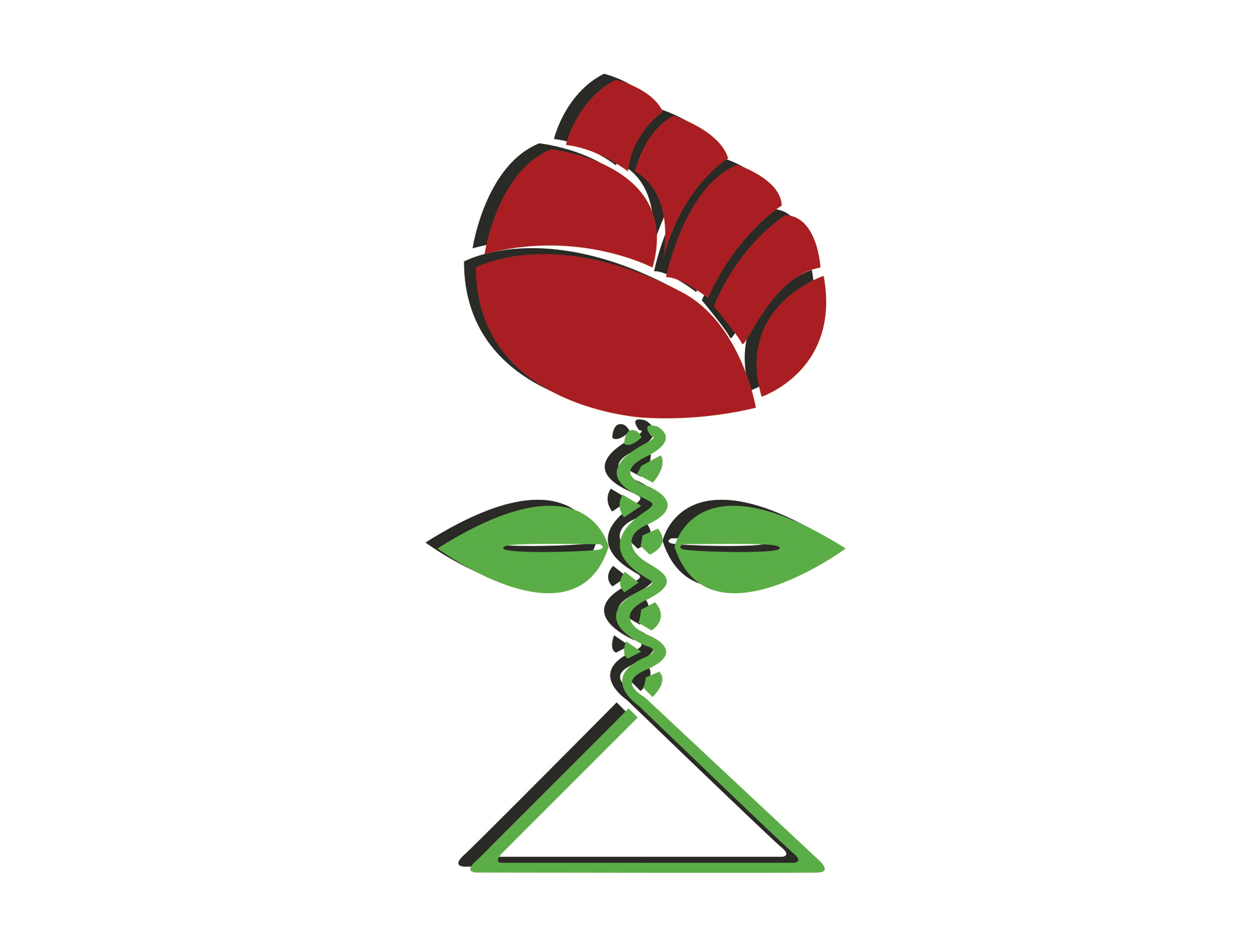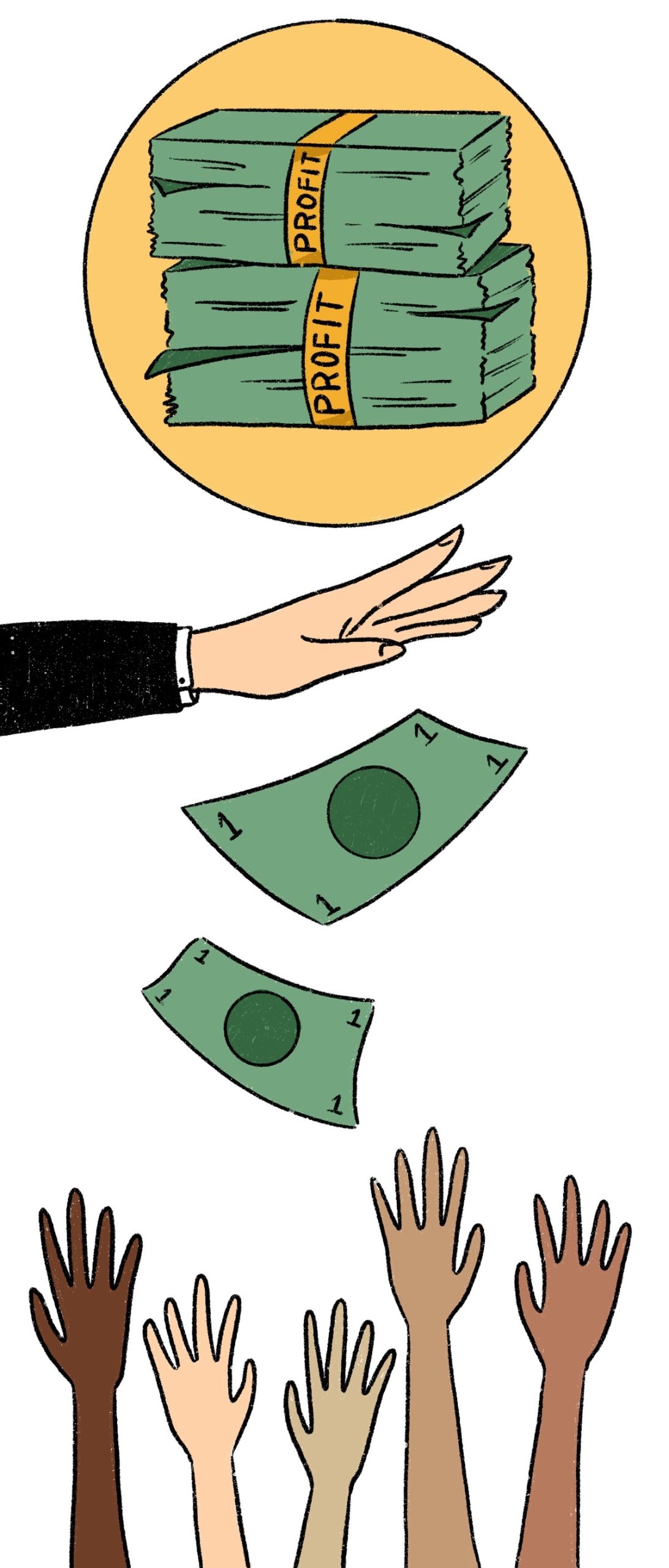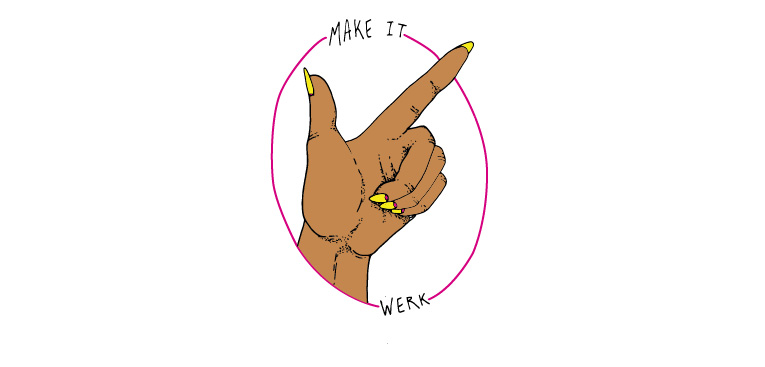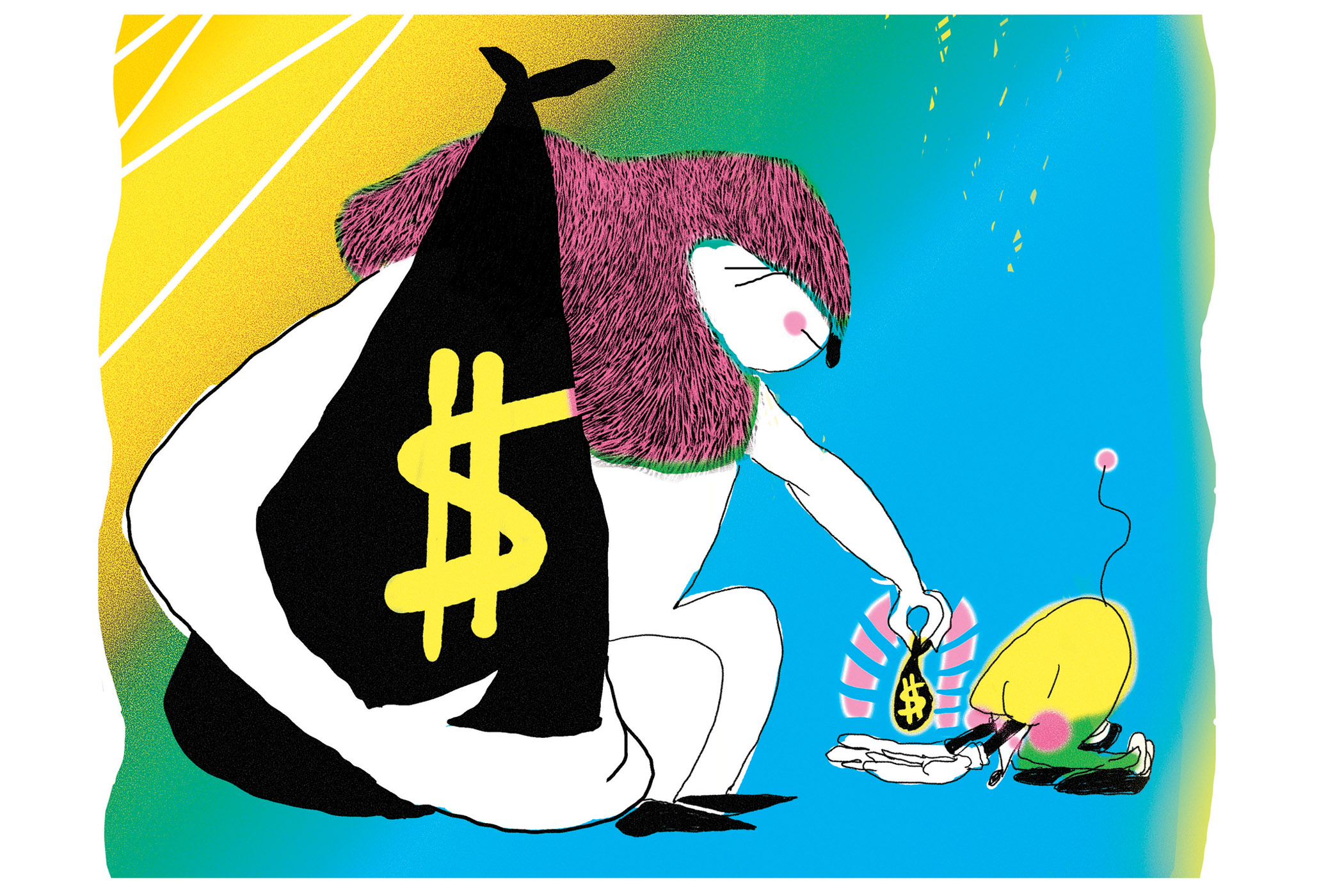When I was a child I was terrified of bees. I never wanted to get stung, and whenever they were near me I would freak out and run away—even though I was always told bees are more afraid of you then you are of them.
I guess I also confused bees with wasps, hornets and yellow jackets. Sadly, this is just a huge misconception.
Bees need our help now more than ever. They are declining at an accelerated rate. Their little yellow and black bodies are found on the ground everyday: This world is becoming their graveyard.
But why should we care?
I’m a firm believer that we should care because, I don’t know, maybe we don’t want another species to go extinct at our hands.
Or, I don’t know, maybe we could tone down our entitlement just the slightest bit and realize there are other living creatures on this planet.
However, many people need to know how the death of yet another species will affect them PERSONALLY. So let me break it down for you.
Bees pollinate. When they pollinate, they fertilize plants. When they fertilize plants, they help plants grow. When they help plants grow, it allows for the production of plants we humans need to survive.
Now imagine a world without the honeybee to pollinate: dead plants. Dead fruit. Dead flowers. And without plants there are no fruits or vegetables. Without plants there is no clean air, (even though we are already kind of bordering on that one).
Plus, as a fun fact, honey is the only food that contains everything necessary to sustain life. Literally, people can survive on just honey because it is chalk-full of enzymes, vitamins and antioxidants! What more could you ask for?
How can we help?
First of all, be aware. Know that bees are becoming endangered. Next time you see a bee, don’t step on it for your own sick joy. Instead, if you see a bee on the ground, help the little sucker onto some grass or a branch. But don’t directly pick the bee up with your fingers, have the little guy climb on a piece of paper and put him on a leaf.
Get involved. Portland State has a great opportunity available for anyone who wants to help the bees out. There are beehives located in PSU’s Community Orchard, and anyone can get involved!
Just email [email protected] to ask Stefanie Steele for more information or visit PSU’s Sustainability site for more information.
Allowing hands-on interaction with bees not only helps their community and population, but allows the education of students about the importance of bees.
If you are primarily a PCC student, there is a beekeeping class at the Southeast campus which introduces the basics of beekeeping in their communal garden.
Lastly, just don’t mess with bees. Once a bee stings you, that’s the end of it! That little bee is done. Evolution hasn’t exactly caught up to them like it has with wasps who can sting you 20 times and not even care.
But once a bee stings you it’s the end of its life.
Please educate yourself about the bee crisis, be aware of the bees around you and appreciate every single fruit you eat and plant you see: They may not be around for much longer.

